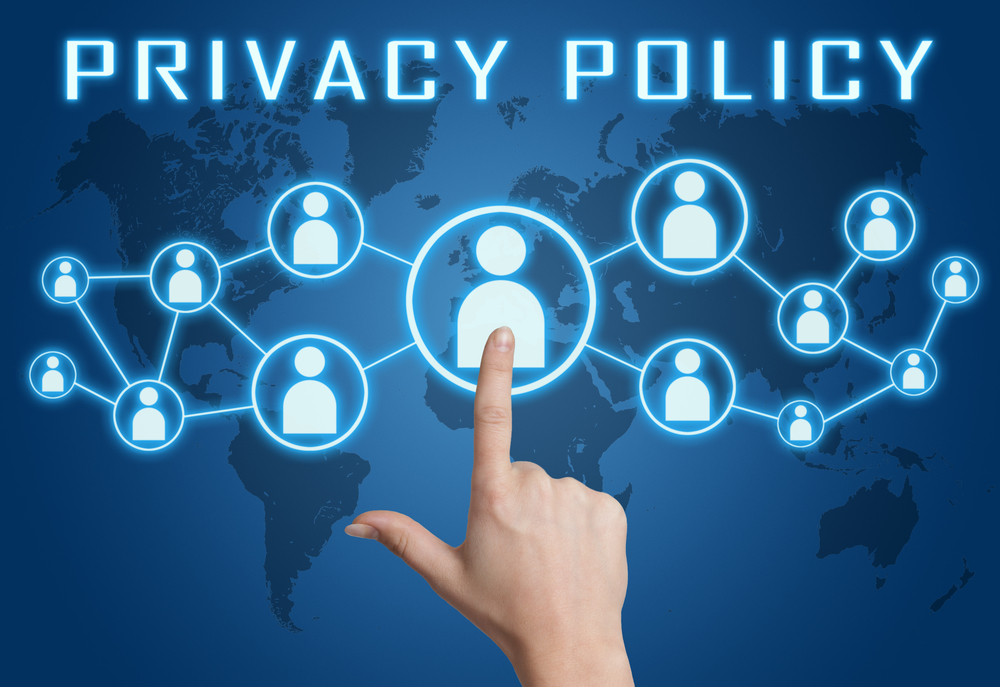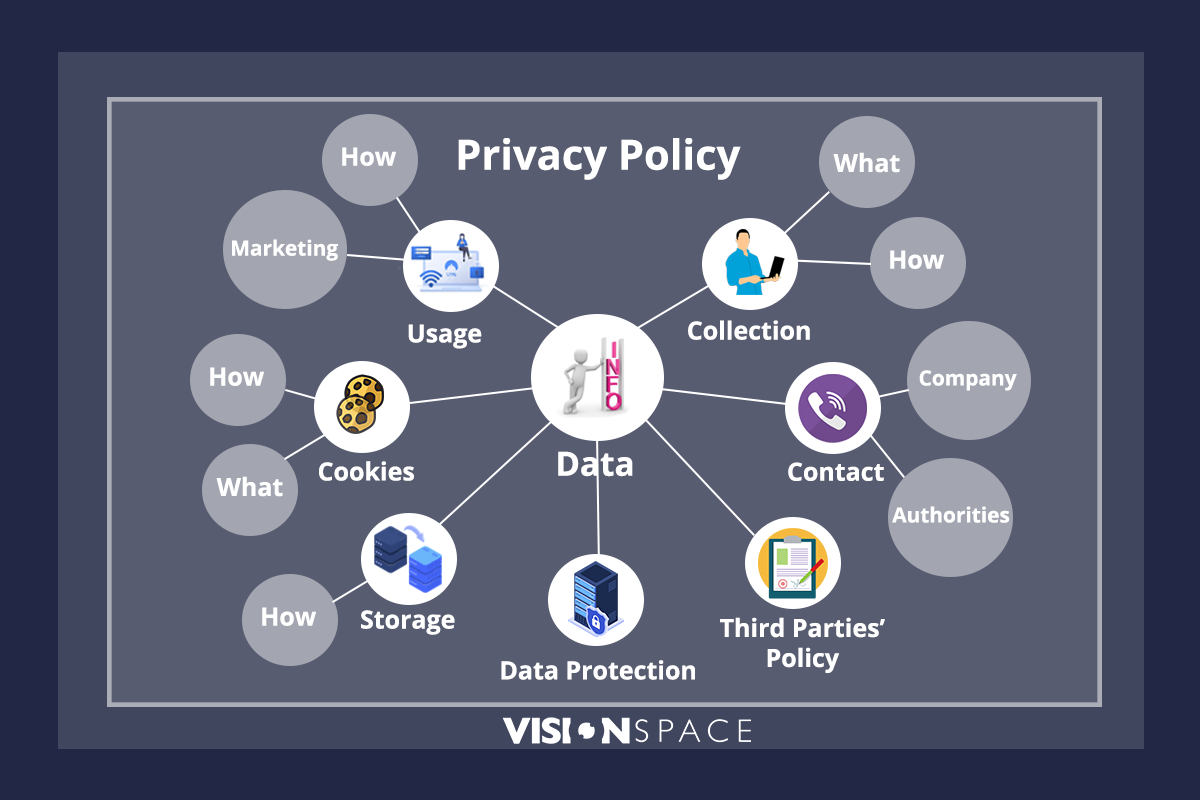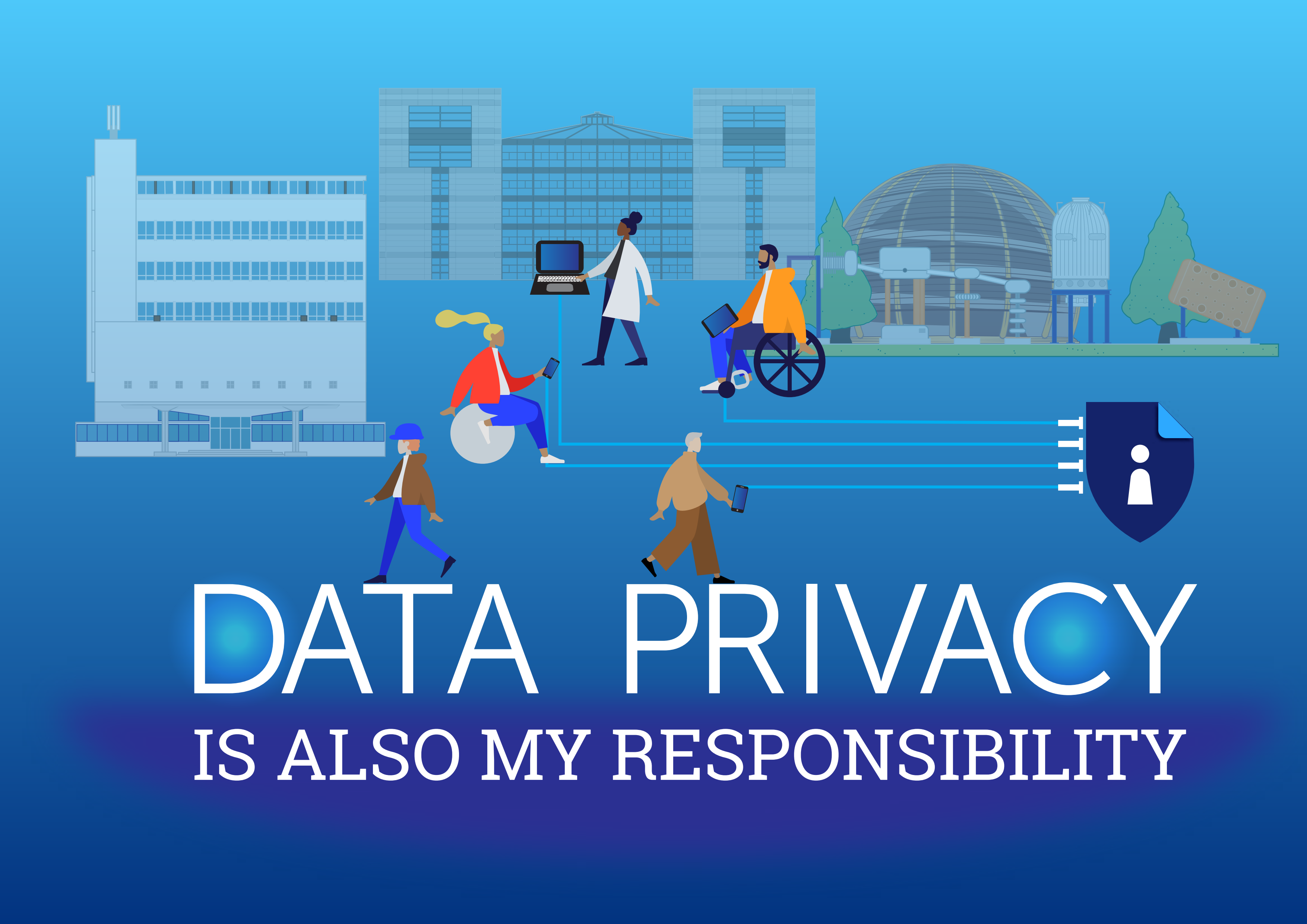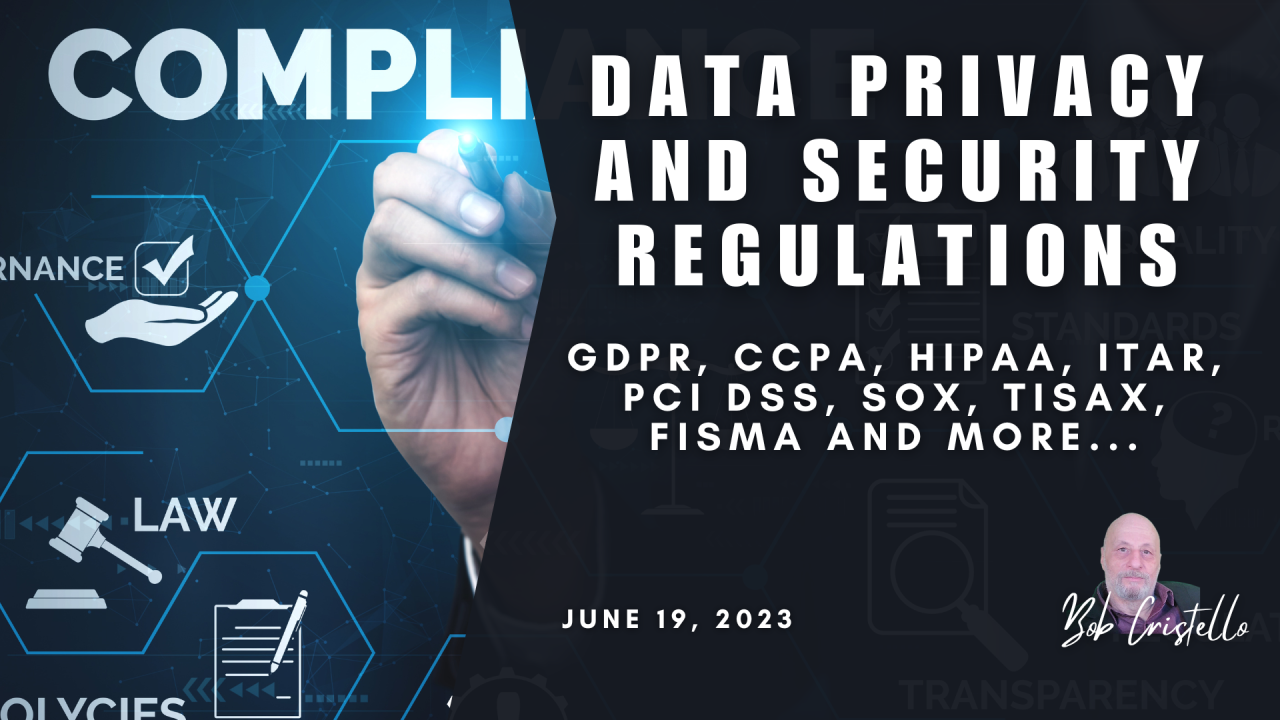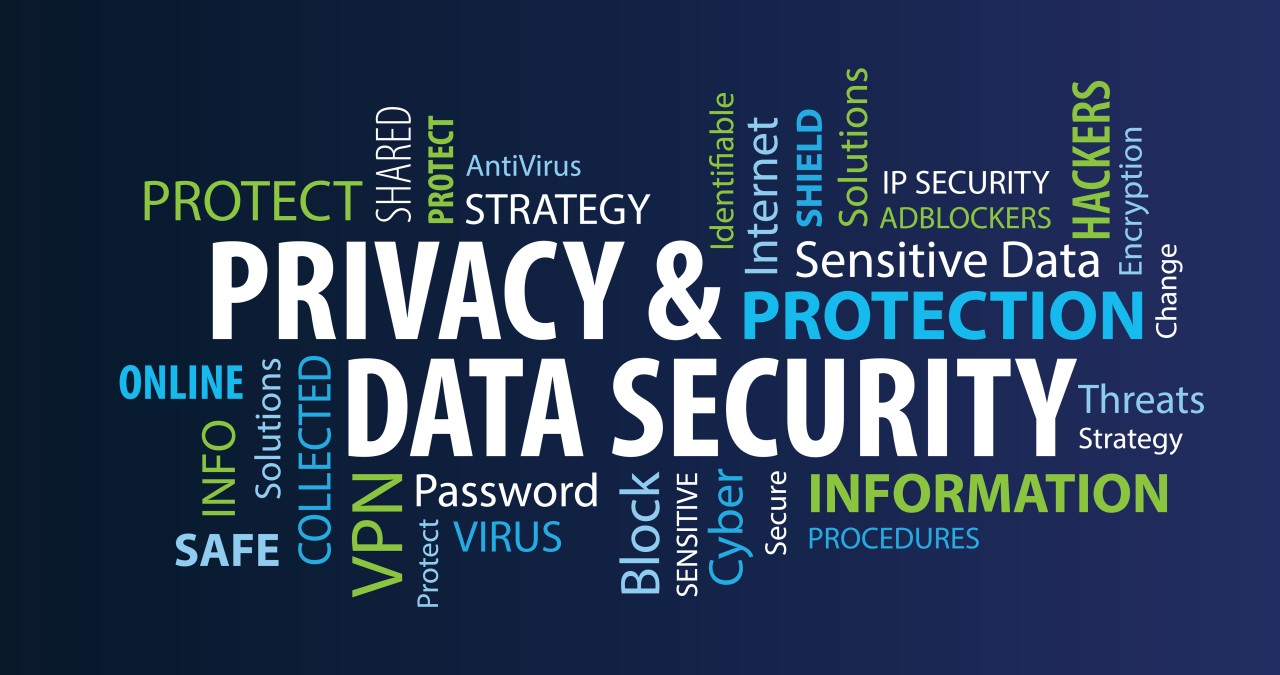Why Focus so much on the Data privacy and global policies concerns?
The context
At Datastratege, we understand Data privacy is a global and worldwide concern while the collection and use of personal information impacts individuals all over the world. Customer data privacy is important because individuals need to have control over their personal information and how it is used. In fact, when companies collect and use customer data, they have a responsibility to protect that data from unauthorized access or misuse
At leat 3 data privacy critical reasons....
1. "Personal security": Customer data often includes sensitive information such as social security numbers, financial information, and medical records. Even non-sensitive information that identifies customers’ interests and preferences should still be protected as private and personal. If this information falls into the wrong hands, it can be used for identity theft or other fraudulent activities, which can have serious consequences for the individual.
At leat 3 data privacy critical reasons....
2. "Trust": Customers trust companies to handle their personal information responsibly. If a company fails to protect customer data, it can damage the trust that customers have in the company and lead to a loss of business.
At leat 3 data privacy critical reasons....
3. "Ethical responsibility": Companies have a moral responsibility to protect the privacy of their customers. Collecting and using customer data for legitimate business purposes is acceptable, but using it for nefarious purposes, or failing to protect the data from others who intend to use it for harm, is not.
Data Privacy policies comoon strategy, solutions & Framework...
1. (GDPR), which was implemented by the European Union (EU) in 2018. The GDPR applies to any organization that processes the personal data of EU citizens, regardless of where the organization is located. It sets out strict requirements for the collection, use, and protection of personal data, including the need for explicit consent from individuals and the right to be forgotten. It also gives individuals the right to access, rectify, and erase their personal data, as well as the right to data portability. In addition to these regional frameworks, there are also several global organizations that have developed guidelines and best practices for data privacy: IAPP and OECD frameworks.
Data Privacy policies comoon strategy, solutions & Framework...
2. (CCPA), which was signed into law in California in 2018, and came into force in 2020. The CCPA applies to businesses that collect and sell the personal data of California residents and sets out requirements for transparency and consumer rights, including the right to opt out of the sale of personal data and the right to request access to personal data that has been collected. (3) (APEC) has also developed a set of data privacy principles known as the APEC Privacy Framework. The APEC Privacy Framework is a voluntary set of guidelines that aims to promote data privacy and encourage cross-border trade and economic growth in the APEC region.

